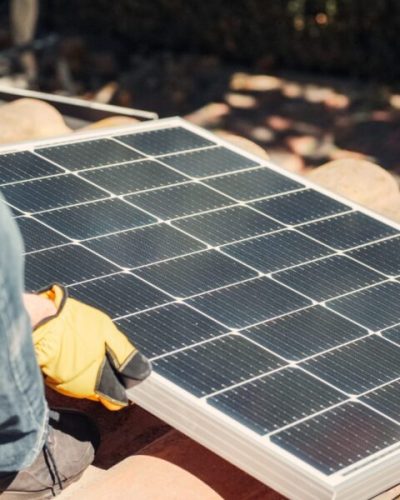Energy Industry
The solar energy industry has experienced significant growth in recent years, with the number of solar installations increasing dramatically in many countries around the world.
Renewable Energy
Renewable energy has become an increasingly important topic as the world continues to face the consequences of climate change. As the demand for sustainable energy sources grows, solar roofs and panels have emerged as a promising solution to help reduce our dependence on fossil fuels.
One of the key factors driving the growth of the solar energy industry has been the falling cost of solar panels.
The cost of solar panels has declined by more than 99% since 1977, making them much more affordable for consumers and businesses.
As a result, the number of solar installations has increased rapidly, with many countries setting ambitious goals to increase their use of renewable energy.
Government Policies
In addition to declining costs, supportive government policies have also played a critical role in the growth of the solar energy industry. Many governments around the world have implemented various incentives, subsidies, and tax credits to encourage the adoption of solar energy.

Benefits
One of the biggest benefits of solar roofs and panels is lower energy costs. By generating their own electricity, households and businesses can reduce or eliminate their dependence on traditional energy sources, which often come with higher costs and can be subject to price fluctuations. In addition, many governments offer incentives, such as tax credits and rebates, to help offset the upfront costs of installing solar panels.
Solar roofs
Solar roofs and panels offer a number of benefits over traditional energy sources, including lower energy costs, reduced dependence on fossil fuels, and a lower carbon footprint. However, there are also some limitations to consider when choosing to adopt solar energy.
Another benefit of solar roofs and panels is reduced dependence on fossil fuels. By reducing our dependence on fossil fuels, we can help to slow down the pace of climate change and preserve our natural resources for future generations.


Offer
Finally, solar roofs and panels also offer a lower carbon footprint compared to traditional energy sources.

Solar
Solar energy is a clean, renewable resource that generates electricity without producing any harmful emissions.

Contrast
In contrast, fossil fuels release large amounts of carbon dioxide and other greenhouse gases into the atmosphere, contributing to climate change.
Despite these benefits, there are also some limitations to consider when choosing to adopt solar energy. One of the main limitations is the cost of installation, which can still be high for many households and businesses.
In addition, the efficiency of solar panels can be reduced by factors such as shading, weather conditions, and the angle of the sun. Finally, the availability of solar energy is also dependent on the location, with some areas receiving more sunlight than others.
